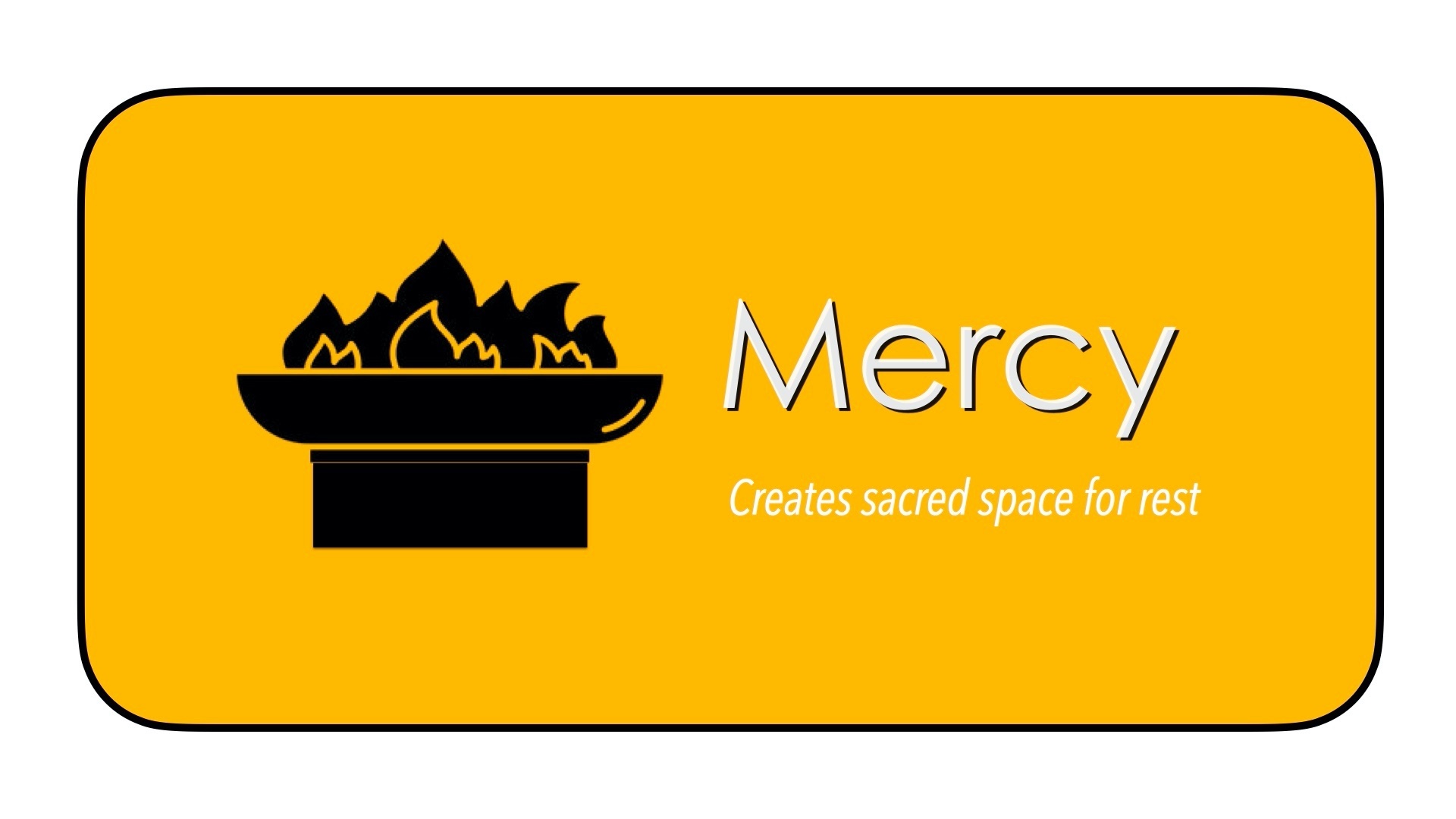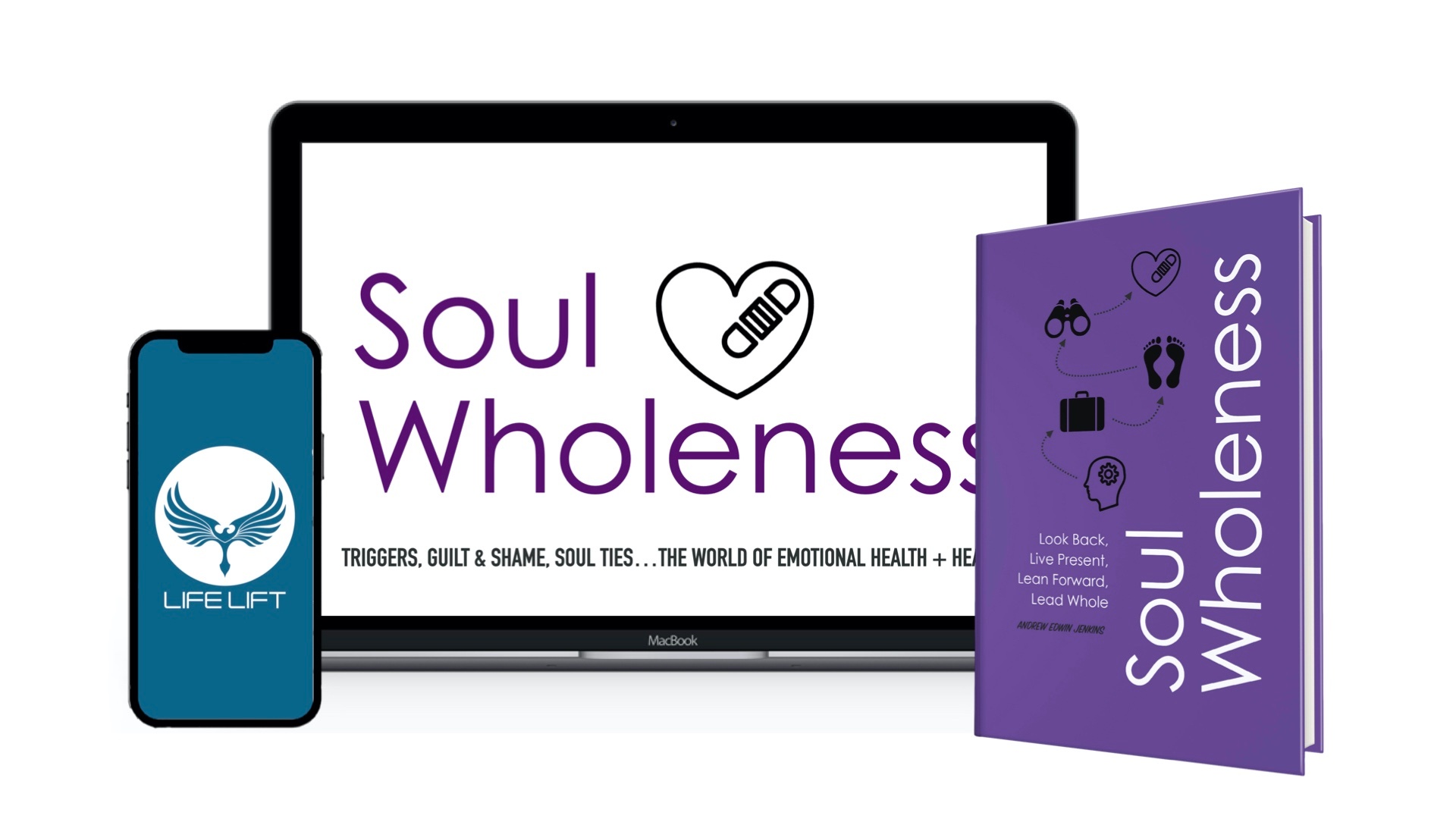Mercy = divine empathy, the heart of the Father
From LifeLift Assessment D = Spiritual Gifts
The gift of mercy is the divine strength or ability to feel empathy and to care for those who are hurting in any way.
Remember, this gift can express itself anywhere— and will take various forms depending on your created design or your interests (i.e., some kindergarten teachers probably have the gift of mercy instead of teaching, as well as many first-responders, judges, and others in positions where people need tangible grace).
You can serve anywhere
Sometimes in the church we equate “full time ministry” with more spiritual work and “full time something else” with less spiritual. Or we relegate the things we do “at church” as being more valuable than what we do away from church. In doing so, we create a false dichotomy, a hierarchy the Bible doesn’t espouse. Thankfully, the church is swinging the pendulum back to the middle, upholding the truth that people can be called to do all sorts of things. That is, a teacher can be just as called as a pastor who can be no more called than a fireman who can be just as called as an evangelist.
Remember, “Christ in you” goes with you everywhere you go. For you to live, like Paul, is Christ (Philippians 1:21). You carry His presence. The gifts work everywhere you find yourself, meaning you can use them in the marketplace, at school, your home... in your neighborhood!
(See part 1 of the LifeLift framework— Identity— for more on this!)
A story
A few years ago I taught about healing at a church on a Sunday morning. At the end of the service, we invited people to come receive prayer if they had a physical issue they wanted to see remedied.
After praying for a few dozen people, I noticed a young woman wanting prayer.
“What can I do for you?” I asked. That’s my customary way of greeting people who come for prayer— I don’t assume anything.
“I feel like God wants me to heal people, too,” she said.
She didn’t want physical healing; she wanted to heal. But she said it reluctantly, as if she was holding something back.
“Tell me about yourself,” I said. “What do you like to do…?”
“I’m about to finish school,” she replied. “I’m in college. I’ve got a family, and I’ve been working on my degree for a few years. We’ve all made sacrifices so I can finish, but I feel like I’m supposed to be healing people with God’s power, with His touch…”
She explained she was ready to work, and her family desperately needed the income.
Her husband had been working two jobs to keep the family afloat during her schooling season, and her young children had hardly seen her.
At the same time, though, she felt this tension between doing what God called her to do and having just taken a (costly) run at college for a few years and now needing to help with those family finances.
After hearing her story, I asked her, “What’s your degree?”
“Nursing.”
“Nursing?” I replied. “Do you enjoy it?”
She told me she did. But, somehow she felt she was supposed to be healing people.
“Does it feel like toil when you do the nursing?” I asked. “Or does it feel energizing and life-giving?”
She smiled and told me— shyly— that she loved it. That’s the word she used: loved.
However, a church leader (an “equipper,” to see the Ephesians 4:11-12 language we thread throughout the LifeLift resources) had recently insinuated that if she was really following the call of God for her life she would pursue ministry full time.
I explained to her that she had chosen the perfect profession for a healer: “Where else are you going to have access to people at their most vulnerable moments? Where else do people need a touch? I mean… you’re going to be with people and their families when they are sick and desperate… when things seem hopeless… and you’re going to be able to carry your light there…”
I told her that she could pray for them, that people might actually invite her to do so. And, even if sometimes it had to just be silent, it would still work…
“And the medicine and technology you’ll have access to,” I added, “It’s all God’s, anyway. And He has it there for you…”
After about 60 seconds of coaching her through this, she got it. She looked lighter. She began smiling again. She left feeling empowered… and called.
That’s what vocation means. The root of the word, vocal, means to hear the voice, the calling, over whatever you do. Too often we presume the only “calling” that happens— and the only empowerment which follows— occurs when we serve (formally or informally) inside the church walls.
What was her spiritual gift?
She said it was mercy...
Others, still
I know a federal judge who has the gift of mercy. She steps down from the bench, sits across the table from the convicted people in her courtroom, and expresses honor and dignity to them— even as she helps them navigate prison sentences and restitution and setting life back in order.
In my book Soul Wholeness, I write of my experience taking a psychological evaluation after enduring a tough, traumatic season of life. I wanted to know if anything was wrong with me— and if I needed further help. I believe the psychologist I met with has the gift of mercy… he was able to help me walk through some of my hurts and past mistakes in a way that was radically graciously and intensely redemptive.
Again, you may see this gift in nursing homes.
Or with first-responders.
Or anywhere you find people in need of being “caught” and set on solid ground in a soft way.
See also Matthew 9:35-36, Mark 9:41, Romans 12:8, 1 Thessalonians 5:14.





